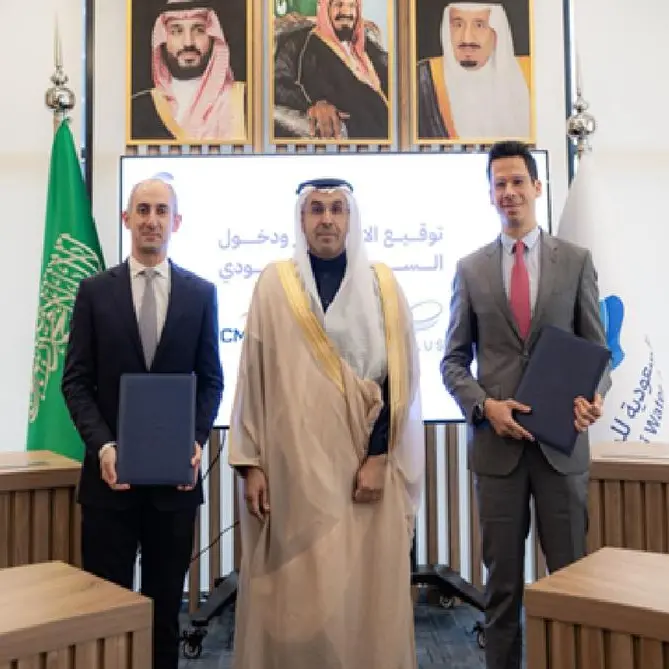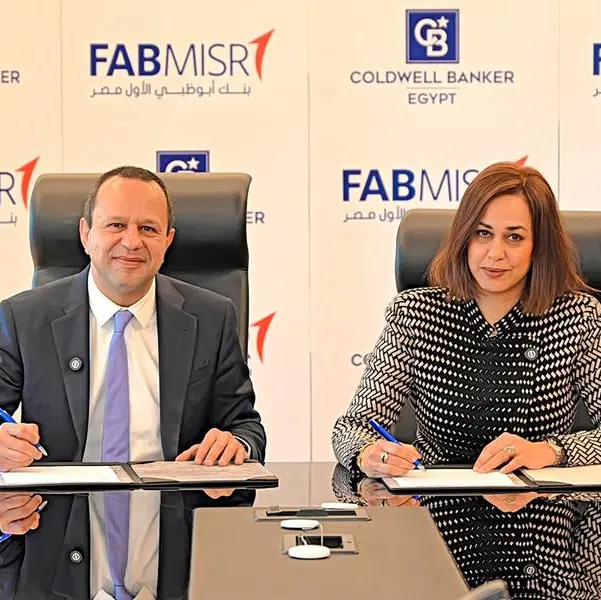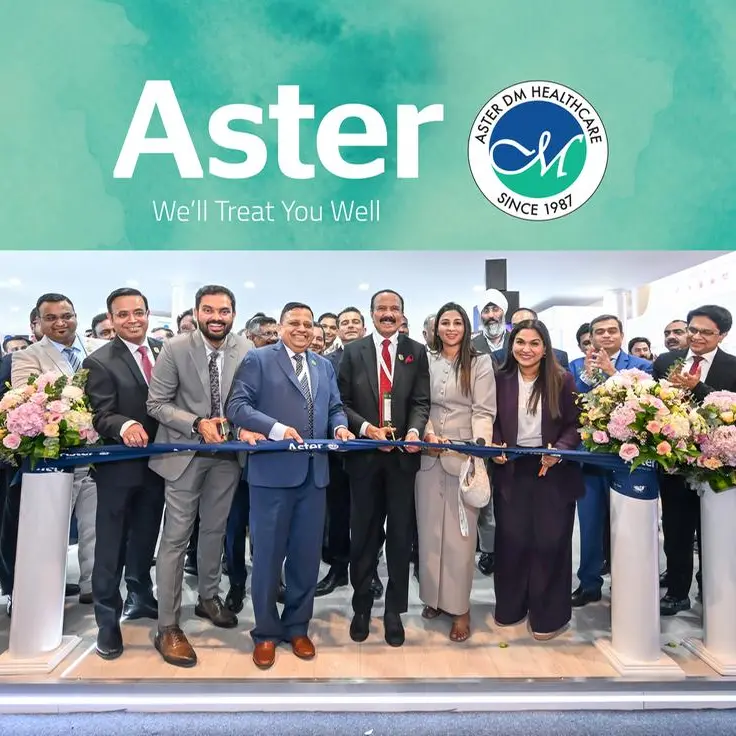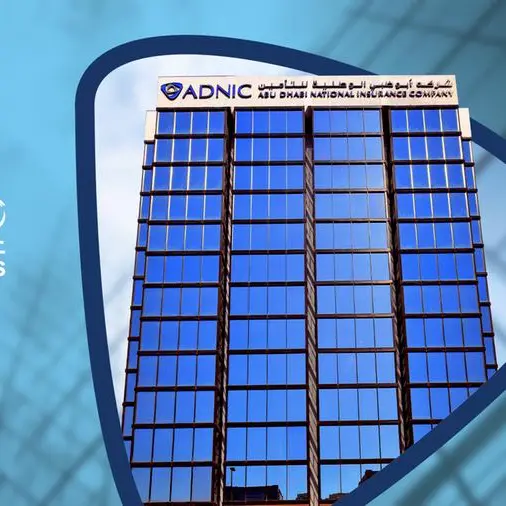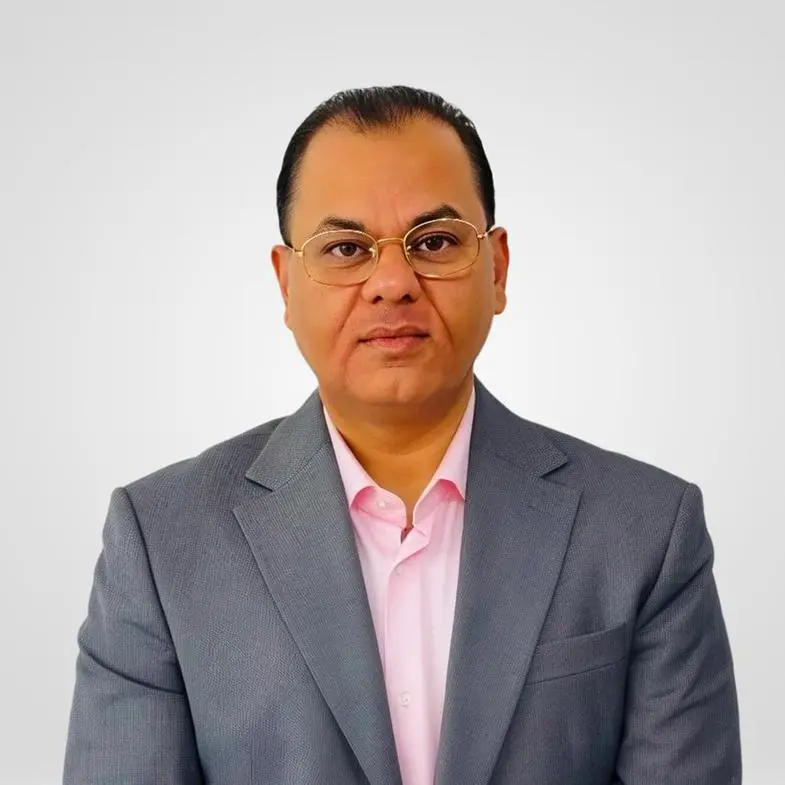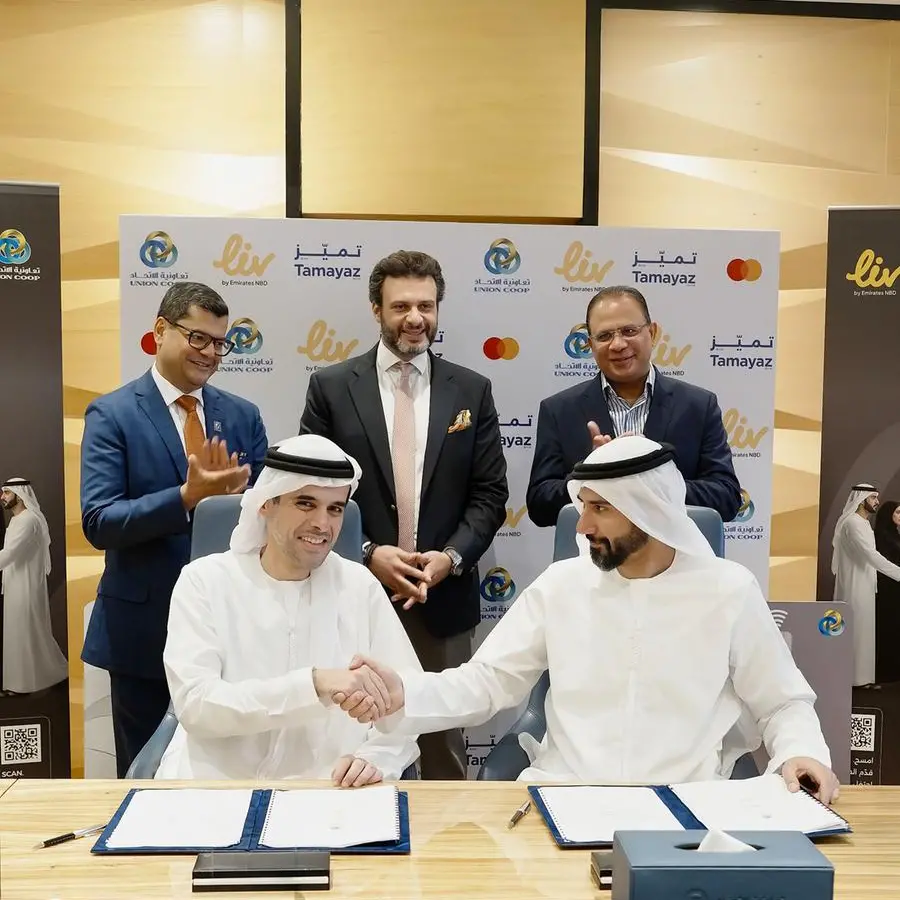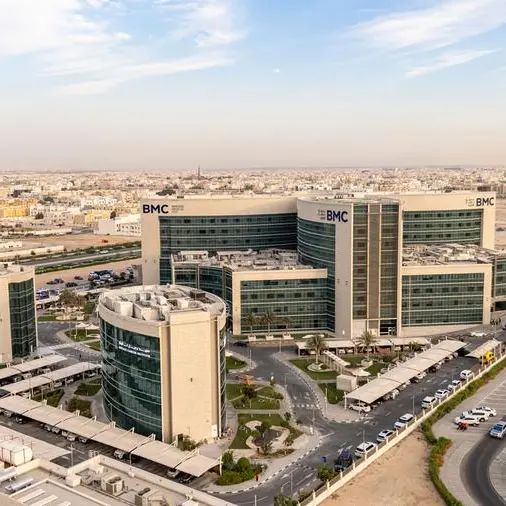Al Ain Hospital hosts world leaders under umbrella of Global Breastfeeding Initiative for Child Survival (gBICS)
Al Ain, United Arab Emirates, 10 November 2009: Under the patronage and attendance of Her Highness Shamsa bint Suhail Al Mazrouei wife of His Highness Sheikh Khalifa Bin Zayed Al Nahyan, President of UAE and Supreme Commander of the UAE Armed Forces, Al Ain Hospital hosted the first ever meeting for the international members of the Global Breastfeeding Initiative for Child Survival (gBICS) on Tuesday, November 10 in Al Ain.
"It is indeed a great honour to have Her Highness give her support to this important program", said George Jepson, CEO of Al Ain Hospital. "Her patronage underscores how important proper nutrition is for newborns and infants and how breast milk provides that complete nutrition."
Al Ain Hospital is managed under an exclusive partnership between VAMED (a leading European Hospital Management company) and, Medical University of Vienna. Al Ain Hospital is owned and operated by Abu Dhabi Health Services company (SEHA) which is responsible for all curative activities of the public hospitals and clinics of the Emirate of Abu Dhabi.
The world leaders on infant nutrition representing Africa, the Arab world, Asia, Latin America and Oceania, have been gathered for the first time in Al-Ain under the umbrella of the Global Breastfeeding Initiative for Child Survival (GBICS). The global Breastfeeding Initiative for Child Survival (gBICS) is a worldwide civil society-driven initiative dedicated to improving infant health and development. The gBICS' aim is to accelerate progress in attaining the health-related Millennium Development Goals (MDGs), especially Goal 4, reduction of child mortality, by scaling up early, exclusive and continued breastfeeding. The Millennium Development Goals (MDGs) has eight international development goals that United Nations member states and international organizations have agreed to achieve by the year 2015.
The International Baby Food Action Network Geneva (IBFAN) with its organisational partner the World Alliance for Breastfeeding (WABA), launched gBICS in October 2009 to inject new momentum into the existing efforts to achieve the health-related Millennium Development Goals.
Allison Linnecar, International Coordinator of IBFAN-GIFA said, "This is an international effort based on the power of people, firmly rooted in their communities, to mobilise public opinion to work with governments and press the baby food industry for changes in order to reduce rates of infant and maternal mortality." She added, "we are not only aiming to improve child survival, but also the quality of the lives of those babies who do survive, but find themselves surrounded by illness and malnutrition. Their lives are damaged by these consequences of poor feeding practices and they may never realise their full potential."
Dr. Khalid Iqbal, UAE IBFAN Arab World Coordinator stated, "The 2nd Regional Conference and gBICS have the similar objective of child survival as the theme of the conference is decreasing infant morbidity and mortality by breastfeeding. There is compelling evidence to establish link between breastfeeding and child survival." He added "UNICEF estimates deaths of 1.5 million children worldwide every year because they are not breastfed. It means every 30 second one infant dies. Even in the industrialised world the link of non-breastfed babies with mortality has been studied to be high. A USA study revealed that promoting breastfeeding can save 720 post neonatal deaths in the USA annually."
The gBICS is portrayed as the process of building a house that sets in motion the realisation of the rights of children to the highest attainable standard of health by protecting, promoting and supporting breastfeeding. The idea is to represent a home where breastfeeding is successfully and naturally practiced. The foundations are formed by the WHO and UNICEF Global Strategy for Infant and Young Child Feeding (GSIYCF or GS) and the framework is created by international recommendations and Conventions that will help implement comprehensive national policies and programmes to protect every child's right to survival and the highest attainable standard of health.
With the conclusion of the inaugural meeting of world leaders on infant nutrition, its' members will join the 2nd Regional Conference on Human Lactation set to commence on November 13th, 2009 at 9am at the Intercontinental Hotel in Al Ain.
-Ends-
About Al Ain Hospital
Al Ain Hospital is a 412 -bed acute care hospital with more than 250 physicians on staff, 35+ medical departments and three Family Medicine Centers. The hospital's emergency room serves the Al Ain community by operating 24 hours a day, seven days a week, year round. Al Ain Hospital is committed to providing the community with high-quality healthcare in a safe, caring, confidential environment in line with European world class standards and the expectations of the Al Ain community and the UAE.
Each day, an average of 350 patients is seen in the Emergency Room. With more than 320,000 outpatients seen in the Specialty Outpatient Clinics and Family Medicine Centers, the hospital is a key competency centre for multidisciplinary, specialist, ambulatory and outpatient diagnostics and treatment services. Al Ain Hospital is managed under an exclusive partnership between VAMED (a leading European Hospital Management company) and, Medical University of Vienna. In addition to this, Al Ain Hospital has a long established prestigious collaboration with the Faculty of Medicine and Health Sciences, UAE University in Al Ain. Al Ain Hospital is owned and operated by an Abu Dhabi Health Services company (SEHA) which is responsible for all curative activities of the public hospitals and clinics of the Emirate of Abu Dhabi.
For more information please visit; www.alain-hospital.ae
About SEHA
SEHA is health in Arabic. The Abu Dhabi Health Services Company - whose corporate identity is SEHA - is an independent, public joint stock company created to manage and develop the curative activities of the public hospitals and clinics of the Emirate of Abu Dhabi. SEHA is committed to providing quality, cost effective healthcare on par with international standards measured through accessibility, affordability, choice and satisfaction. SEHA owns and operates 12 hospital facilities, 2,644 licensed beds, and more than 40 Ambulatory and Primary Healthcare Clinics. SEHA is one of the largest employers in the Middle East with more than 16,500 doctors, nurses and other clinical staff and administration employed. For further information, visit us at www.seha.ae or contact James S Ferrier, Corporate Marketing Manager at jferrier@seha.ae or Salama Al Mazrouei, Corporate Marketing Specialist at smazrouei@seha.ae.
For more information, please contact:
Thaisa Alvarez, Sr. PR Account Manager
V Public Relations, a division of Viola Communications
Tel: +971 2 6449444
Mob: +971 50 6619649
Email: thaisa@viola.ae
© Press Release 2009
